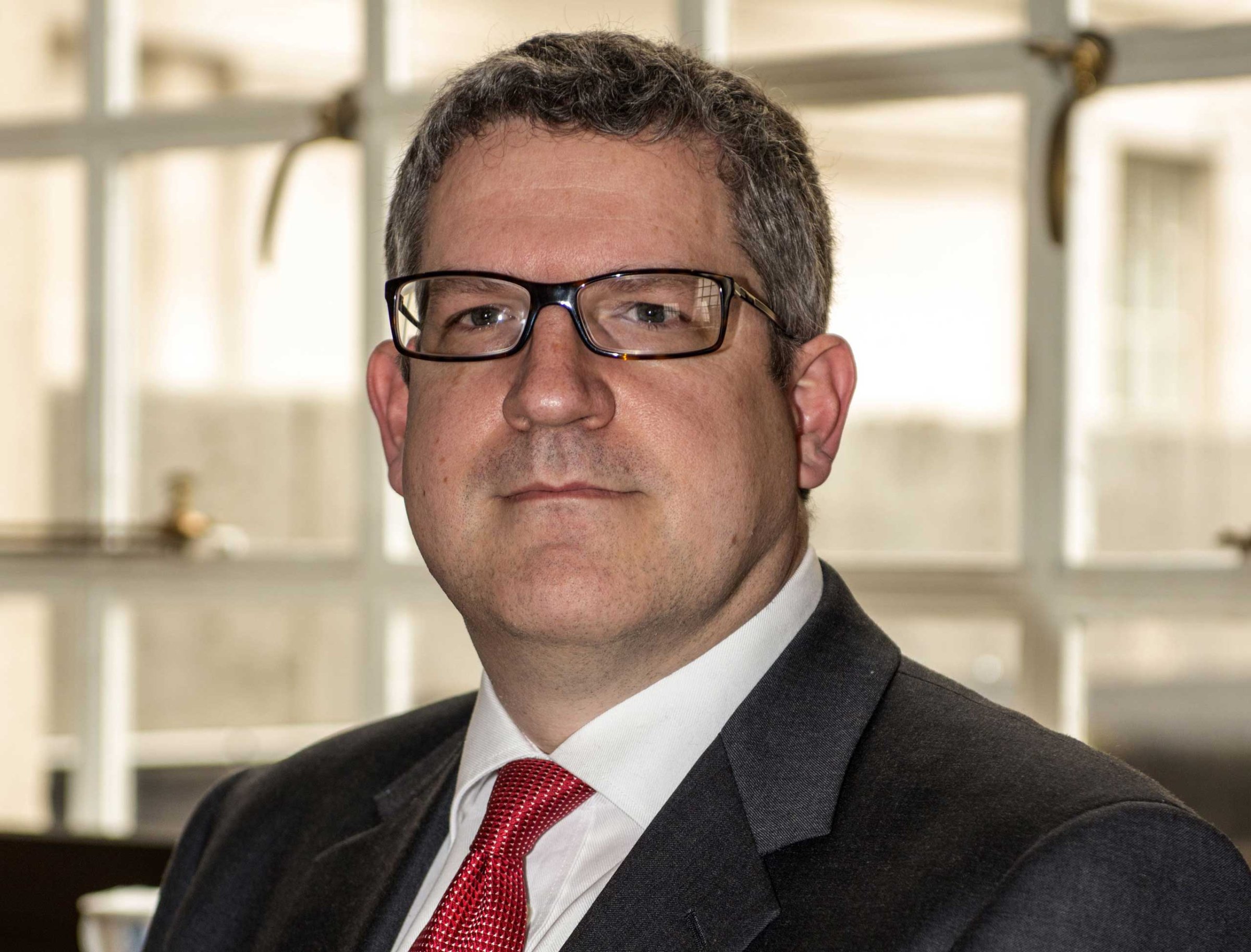
In the wake of this week’s professionally executed assault on the offices of Charlie Hebdo in Paris, security experts are concerned that a proliferating jihadist threat is outstripping the ability of European security agencies to contain it.
The killing of 12 people on Wednesday, a policewoman on Thursday and at least two others in a kosher supermarket on Friday have raised fears of the terrorist threat spinning out of control not just in Paris but all over Europe.
Andrew Parker, head of Britain’s domestic security agency, said this week: “My sharpest concern as director general of MI5 is the growing gap between the increasingly challenging threat and the decreasing availability of capabilities to address it.” In a briefing at MI5 headquarters in London he said about half of the agency’s work was now devoted to counter-terrorism.
For Nigel Inkster, a former senior intelligence office and a three-decade veteran of Britain’s MI6 overseas intelligence agency, “a lot of what needs to be done is being done, but it’s a problem of scale.” According to Inkster, now director of Transnational Threats and Political Risk at the London-based International Institute for Strategic Studies: “There are now more of these people around involved in attack planning.”
The Paris attack was part of a terrorist phenomenon that was fragmenting and taking multiple different directions, he says.
The modus operandi fell between mass-casualty operations such as 9/11 and “lone wolf” attacks, such as the May, 2013 London murder of off-duty soldier Lee Rigby, which require minimum preparation and are inspired, but not masterminded, by jihadists abroad.
He says the style of attack witnessed in Paris – and in the September, 2013 assault on a Nairobi shopping mall – was particularly serious because it implied a certain level of training that went beyond the “lone wolf” scenario.
The Kouachi brothers are reported to have identified themselves with al-Qaeda in Yemen, or al-Qaeda in the Arabian Peninsula (AQAP), a group linked to Osama bin Laden’s successors. But one of the suspects, Cherif Kouachi, also has a background of aiding al-Qaeda in Iraq, the forerunner of the Islamic State in Iraq and Syria (ISIS).
An AQAP connection, if established, might point to a desire by “mainstream” al-Qaeda to re-establish its credentials after its jihadist competitors in Syria and Iraq last year announced the formation of a new caliphate.
Inkster said it was worrying that European Muslims and converts were choosing to travel to the Middle East to swell the ranks of ISIS. “They could come back more radicalised,” he says. “People going there are being inducted to extreme violence with no restraints.”
Within Europe, the Charlie Hebdo attack highlighted a problem of radicals with a previous record of jihadist activity, such as the suspect Cherif Kouachi, resuming such activity once there were out of jail. “Some of these guys have been in jail and more and more are coming up for release,” according to Inkster.
As for how governments and their agencies were coping with the threat, the former intelligence official says the only way to judge success was an absence of attacks. The MI5’s Parker told this week’s briefing that three terrorist plots had been foiled in Britain alone in recent months.
Inkster pointed to a difference in emphasis between the French and British authorities on how to confront the jihadist threat. Britain had invested heavily in counter-radicalization programs and community policing of a kind that was unknown in France. But, even in Britain, there was no template to identify a future jihadist, he acknowledged.
Successive British governments have spent millions of pounds over the past decade on a so-called “Prevent Strategy” to stop the radicalization of vulnerable young Muslims. But the strategy remains controversial and is regarded by critics as incapable of achieving its goals.
Alan Philps, who edits the journal of Britain’s Royal Institute of International Affairs, says he believed Britain had greater flexibility in dealing with the radicalization phenomenon in an acknowledged multi-cultural society than did the French, who put greater emphasis on the uniform secular state.
All Europeans, however, faced the challenge that the jihadist threat was coming visibly closer.
“At the time of the July 7, 2005 bombing attacks in London, the center of jihadism was Pakistan. Now, you have these ungoverned spaces in Syria, Iraq, Libya that are very close,” he says. “For young radicals, the conflict is as close as a flight to Turkey and, for the rest, there is a feeling that there is no barrier between this area of war and Europe.”
He said it was not yet clear if the Paris attackers had been trained and it might turn out they were “the usual bunch of mixed-up losers.”
However, the latest jihadist assault had come when European governments were perceived as weak by electorates which had dwindling faith in them on a range of issues.
“Islamophobia has become a proxy for other complaints in a populist amalgam of anti-European Union, anti-immigrant and anti-globalization sentiment,” says Philps.
More Must-Reads from TIME
- Donald Trump Is TIME's 2024 Person of the Year
- Why We Chose Trump as Person of the Year
- Is Intermittent Fasting Good or Bad for You?
- The 100 Must-Read Books of 2024
- The 20 Best Christmas TV Episodes
- Column: If Optimism Feels Ridiculous Now, Try Hope
- The Future of Climate Action Is Trade Policy
- Merle Bombardieri Is Helping People Make the Baby Decision
Contact us at letters@time.com